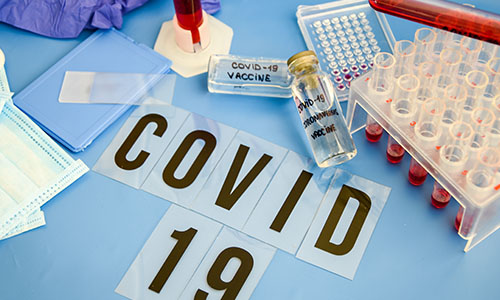The Importance of Contact Tracing
Contact tracing is a crucial tool in controlling the spread of new or poorly understood diseases. By gathering information about who an infected person has come into contact with, health officials can better understand how a disease spreads and expedite treatment for those affected.
How Contact Tracing Works
Health officials, often epidemiologists, begin with identifying the “index patient” or “patient zero.” They interview this individual to gather details about their recent movements and interactions. The goal is to identify anyone they had close contact with during the period they might have been contagious—usually ranging from two weeks to a month.
View: Business Operations Training Courses
Steps Involved:
- Interviewing the Index Patient: The patient recounts their recent activities, including where they traveled, who they met, and any places they visited.
- Compiling Data: Health workers reach out to locations such as airlines, restaurants, hotels, and other public spaces the patient visited. They review records like passenger lists and security footage to identify potential contacts.
- Outreach and Monitoring: Identified contacts are informed about their potential exposure, offered testing, and monitored for symptoms.
Supporting Contact Tracing Efforts
In extraordinary situations, extraordinary actions are required. Individuals can aid contact tracing efforts by keeping their own records of interactions and movements. This proactive step can save time and potentially save lives by helping health authorities act quickly to mitigate risks. Check Our Management & Leadership Training Courses
Self-Tracking Tips:
- Keep a journal or use a mobile app to record your daily interactions and visited locations.
- Note important details such as the location, time, and nature of contact (e.g., human interaction or touching surfaces).
- Ensure this information remains confidential and share it only with health authorities when necessary.
Risk Management and Contact Tracing
Risk management professionals focus on minimizing risks wherever possible. In the context of an outbreak, individuals can contribute by being prepared. If you or someone in your social circle tests positive for a disease like COVID-19, having detailed records can speed up contact tracing and reduce the risk of further transmission.
Suggested Information to Record:
- Location Details: Places you visit and specific areas within them.
- People Interacted With: Bank tellers, delivery personnel, store employees, etc.
- Surfaces Touched: ATMs, public transport handles, door handles, etc.
- Modes of Transport: Walking, driving, public transit, etc.
Conclusion
Effective contact tracing relies on detailed and accurate information. By individually tracking our movements and interactions, we can play a significant role in supporting health authorities. This information remains private and should be shared responsibly to assist in disease containment efforts.
For those interested in enhancing their skills in risk assessment and management, consider enrolling in our comprehensive course designed to hone these essential attributes.
Complete Course in Enterprise Risk Management (ERM) Training Course
Let’s be proactive in this …. Share this article … Lives are at stake!!!
